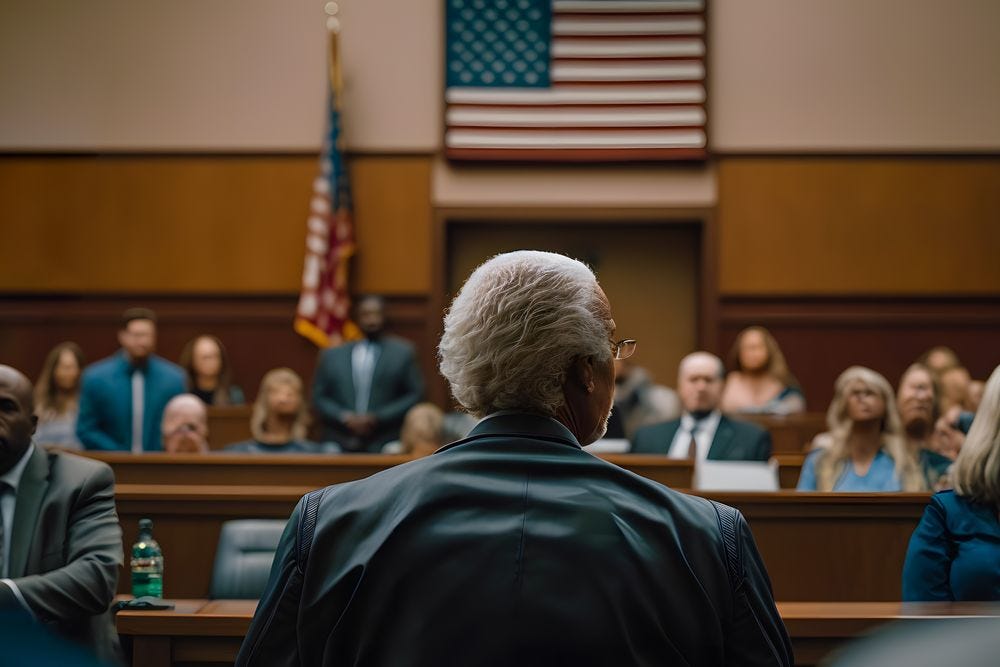Alleged 1 Million Pay-to-Play Scheme at Horace Mann School Raises Questions on Educational Ethics
With annual tuition nearing $60,000 and an acceptance rate for kindergarteners of just 10 percent, gaining admission to the school is a competitive feat in itself.
The world of exclusive prep schools is no stranger to scandal. Still, the latest allegations against New York City's prestigious Horace Mann School have sent ripples through the education community. The lawsuit, filed by a former assistant at a prominent tech company, alleges that the school accepted a $1 million "pledge" in return for preferential admissions treatment for the children of a wealthy tech executive, Qi Tom Chen.

The accusation revolves around Qi Tom Chen, president of software firm Lake 5 Media. The New York Supreme Court lawsuit suggests that Chen employed a pay-to-play scheme, where his hefty donation ensured his children's admission into the elite Bronx school.
The suit claims that Chen, aided by a private school admissions consultant, arranged a meeting in 2018 with the school's headmaster. According to the lawsuit, this meeting resulted in a $1 million pledge from Chen to Horace Mann in return for admissions preference for his children.
The lawsuit, filed by Daniel Hayward, a former assistant at Lake 5 Media, doesn't stop at pay-to-play allegations. Hayward also accuses Chen of multiple years of tax fraud. The crux of this claim lies in the nature of the admissions payments. Hayward contends that these payments should have been reported to the IRS as taxable "unrelated business income" instead of being presented as charitable contributions.
The suit states that parents like Chen typically classify their admissions bribes as tax-deductible donations. Moreover, Horace Mann allegedly fails to report these funds as "unrelated business income," even though, the suit claims, they do not contribute to the school's educational mission beyond generating additional revenue.
The alleged favoritism gains further context when considering the hyper-selective nature of Horace Mann's admissions process. With annual tuition nearing $60,000 and an acceptance rate for kindergarteners of just 10 percent, gaining admission to the school is a competitive feat in itself.

Eric Rosen, a former federal prosecutor who worked on the infamous "Varsity Blues" college admission scandal cases, suggested that the outcome of the lawsuit will hinge on the explicitness of the alleged deal between Chen and Horace Mann. If it can be proved that the pledge was directly linked to the admission of Chen's children, then the school and Chen could be in legal trouble.
However, he also noted that merely implying or hoping that a donation will result in a favor is not technically illegal.
Hayward also alleges that Chen falsely reported paying $500,000 in "rent" to a CTBS Everblue LLC company. According to Hayward, Chen actually used the firm to purchase $22,000 worth of wine for personal consumption and art lessons for his children.
If Hayward can prove that Chen, his companies, or Horace Mann committed tax fraud, he could potentially receive a portion of any back taxes paid to the state.
This lawsuit against Horace Mann School and Qi Tom Chen brings to the forefront serious questions about fairness in education. It highlights the potential for abuse in systems where large financial contributions can allegedly sway admission scales. As this lawsuit progresses, it will stimulate further debate about the ethics of admissions practices in exclusive educational institutions.
All stakeholders in the educational sector will closely watch the outcome. It is a stark reminder that transparency and fairness should be the guiding principles in any admissions process. Pursuing educational excellence should not be tainted by allegations of financial impropriety or preferential treatment.
Disclaimer: Some information on this site may be considered attorney advertising under your state’s laws and ethical rules. This legal news site and its content are for general information, not legal advice. Information on this site may be incomplete or out-of-date.
No attorney-client relationship is created between you and any attorney who publishes content or online forms on this site. Hiring a lawyer is an important decision that should not be based solely on advertisements.






